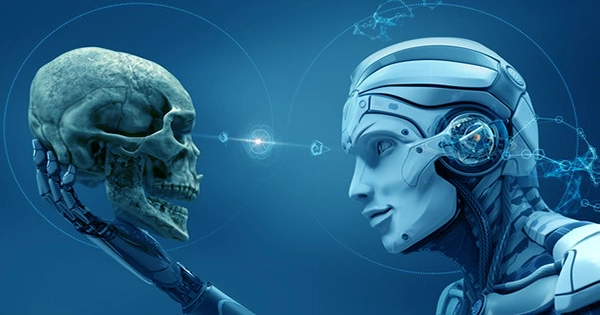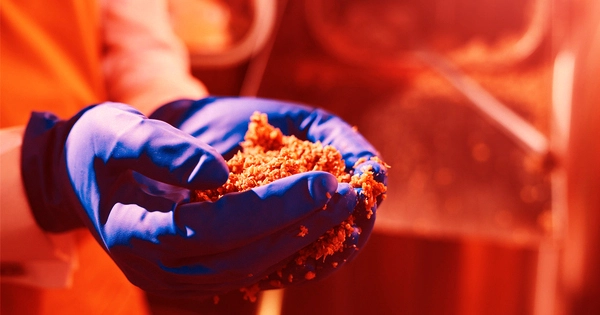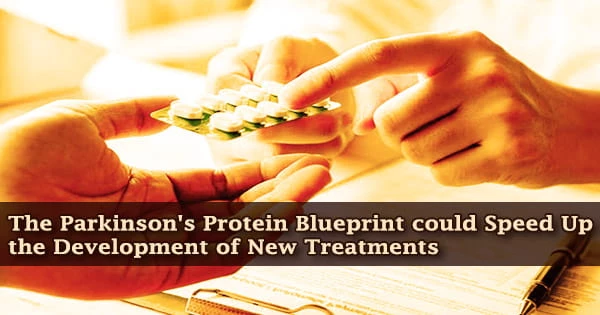Future thinker Ray Kurzweil, a computer scientist, has established some very precise dates for when humanity will become eternal and artificial intelligence (AI) will hit the singularity. If his forecasts come true, the good news is that you only need to survive the next seven years in order to have the opportunity to live forever.
Kurzweil has a reasonable track record of making predictions about technology, correctly predicting in 1990 that a computer would beat human world chess champions by the year 2000, the rise of portable computers and smartphones, the shift to more wireless technology, and foreseeing the explosion of the Internet before that was obvious to everyone.
He even looked back on his own forecasts from 20 years earlier in 2010 to see how they had performed. In the essay, he asserts that of the 147 forecasts he made about the years leading up to 2010 in 1990, 115 turned out to be “entirely correct,” another 12 were basically correct, and only three were completely off.
He errs on occasion, as evidenced by his incorrect prediction that self-driving vehicles would be in use by 2009.
Therefore, even though assertions of eternity are audacious (and, let’s face it, probably incorrect), they shouldn’t be completely discounted. For some time, Kurzweil has been making bold forecasts similar to this one, consistently hitting the times he originally predicted.
In a 2017 interview with Futurism, Kurzweil stated, “2029 is the constant date I have forecast for when an AI will pass a legitimate Turing test and thus reach human levels of intellect. “I have designated the year 2045 as the “Singularity,” when we will combine our created intelligence with our own to increase our actual intelligence by a factor of a billion.
According to Kurzweil, we will be able to “advance human life expectancy” by “more than a year every year” by the year 2030. A part of this will involve nanobots moving through our bloodstream, performing repairs, and connecting our brain to the computer. This will be advancement towards the singularity 15 years from now. When this occurs, we will be able to back up our memories as well as transmit movies (or letters, if you want to think about the more boring parts of being a freaking cyborg).
Kurzweil believes that rather than being something to be dreaded, the singularity will advance humanity and ultimately transform us into beings comparable to gods.
“We’re going to laugh more. We’ll have more sexual appeal. In 2015, he declared, “We’re going to be better at conveying loving emotion.
He said, “I can directly reach 10,000 machines for two seconds, and [my computational capacity] multiplies itself in the cloud 10,000-fold. We’re going to use our neocortex in that way.
So I’m strolling along when I see Larry Page approaching, and I realize that I need to come up with a creative response because the 300 million modules in my neocortex won’t do. For two seconds, I require a billion. Just as I can today thousands of times the intellect of my smartphone, I’ll be able to access that data in the cloud.
Although medication payloads have been delivered into brain tumors by nanobots, it is difficult to imagine how we will get there in seven years without major advancements in the coming years. With the development of brain-computer connections, paralyzed patients can now mentally form words and primates can now (finally) play Pong.
Although we are far from Kurzweil’s vision of the future, most exchanges between humans and AI still happen the traditional manner. If he is right, only time will tell. Fortunately, based on his forecasts, we will have an abundance of leisure.
















